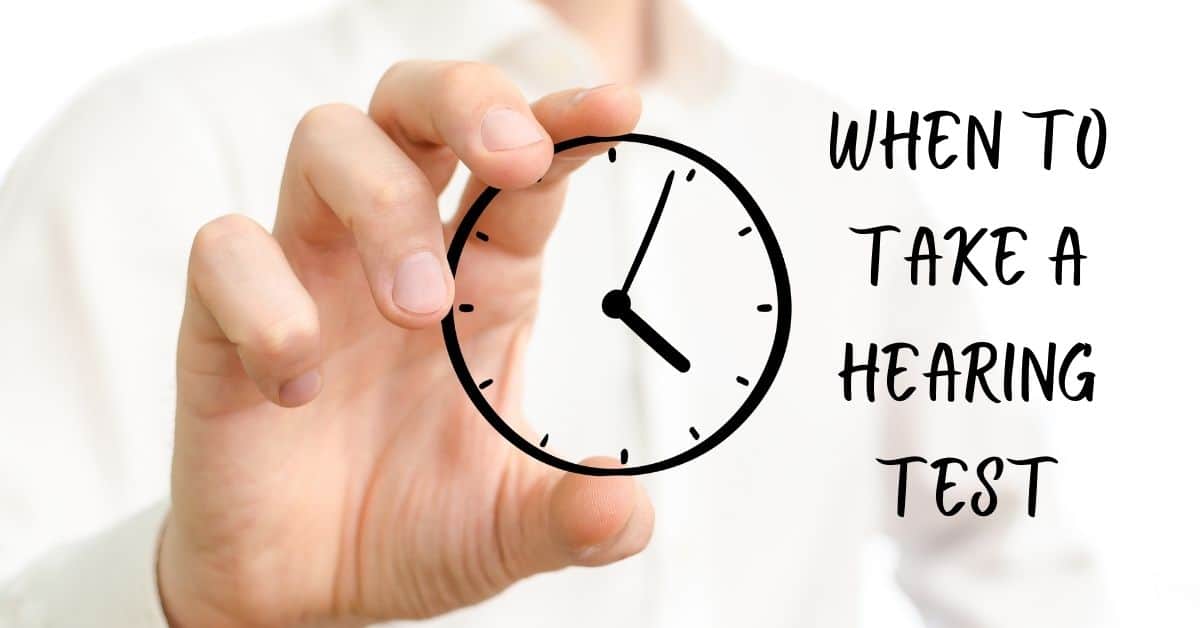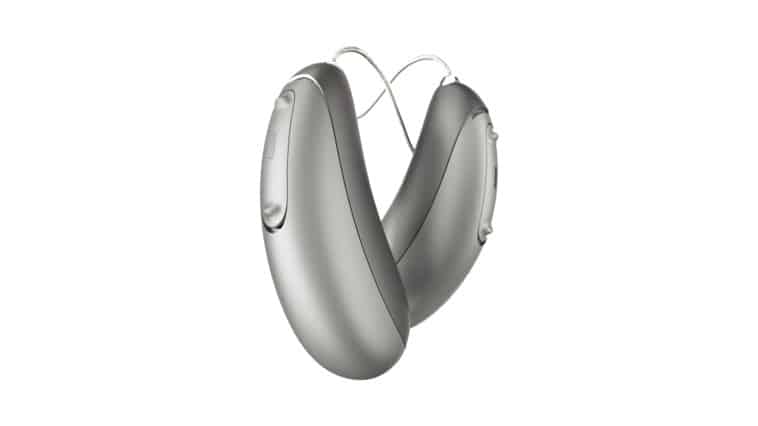0% financing available. Up to 3-year loss and damage guarantee.

When to Take a Hearing Test
- Navigating the Conversation: The Significance of Thoughtful Disclosure in Hearing Loss - December 10, 2023
- The Sound of Dreams: Understanding How Hearing Loss Impacts Dreaming - November 7, 2023
- Traveling Effectively with Hearing Aids - October 16, 2023
You use your sense of hearing all day, every day. While our sense of hearing is so important it is a constant awareness in our life, it also means that sometimes it can be hard to notice gradual or subtle changes to the way we hear.
Although some hearing loss happens dramatically and suddenly, most hearing issues start small and gradual and are often easily dismissed. While hearing loss may seem easy to ignore in its early stages, the fact is that this is when hearing loss can be most effectively addressed and treated. Rather than waiting for hearing issues to worsen, the best time to see a hearing specialist about a change in your hearing is when you first notice the issue arise.
What Can Signal a Hearing Change?
Some changes in hearing are as plain as day. Blockages, injuries, exposure to dangerous noise levels and infections can all produce sudden, drastic changes in how we hear. Address these changes immediately – in the cases of infections or blockages hearing may even be restored if the underlying issue is addressed.
Other signs of hearing problems are far more subtle. Rather than being directly perceived as an altered way of hearing, these signs usually manifest in our reactions and behavior. Being aware of the subtle signs of hearing loss can help you access treatment when it will be the most effective.
- Watch your volume knobs. Constantly having to increase or max out the volume levels on your computer, stereo, radio or television is usually one of the first signs you may be dealing with hearing loss. Check to see where your volume levels are – and if they tend to be quite high, schedule a hearing test. Similarly, if people around you often comment on the loudness of volume levels, read it as a sign that your hearing is due for a check-up.
- Do you need people to speak up? Conversationally, hearing loss often makes voices sound mumbly or muffled. It can be hard to parse specific words out of speech, especially if the speaker has a very high or low pitched voice. If you find yourself constantly asking people to repeat themselves, speak clearer or speak up, the real issue may lie with your hearing.
- Have parties become less fun? While this may be a strange question, it points to how hearing loss can incrementally change our social behavior. When we deal with hearing challenges, social events and activities that were once fun and enjoyable can become aggravating. Rather than recognize that the underlying cause for this change is a hearing issue, it can be easy to write it off as “losing your taste” for these events. To an extreme, this sort of avoidant behavior can be the foundation of social isolation, which affects people with hearing loss at high rates. Watch for limitations you are placing on your social behavior – if you avoid loud or noisy events, parties, and dinners that you once enjoyed, consider that it is a good time for a hearing exam.
Preventative Care For Hearing Health
One of the best ways to detect hearing loss early is to make a hearing exam a standard part of your annual health check ups. Making a habit of an annual hearing exam will make it easier to notice changes to how you hear. There are also certain age and risk factors that make an annual hearing exam an even better idea.
- Age 65 and over: As we age, our hearing becomes more susceptible to age-related damage. By age 65, one in three people will have significant hearing loss. By age 75, that becomes one in every two people. At age 95, around nine out of ten people deal with hearing loss.
- Those with loud professions or hobbies: Even if you wear hearing protection consistently, loud noise exposure is cause for monitoring your hearing ability closely. Airport and factory workers, musicians and hunters are all exposed to noises that can cause permanent hearing damage on a regular basis and should pay increased attention to their hearing health.
- Taking ototoxic medication: A common but not well-known side effect of some medications is damage to the auditory system. These medications are called “ototoxic”. Consult with your prescribing physician if you are unsure about the potential side effects of your prescriptions. If you are taking medication that can make your hearing vulnerable, regular hearing tests are a must.

